|
Creating the Freelance Career's Founder Jill L. Ferguson was a guest last night (along with The Advocates co-author Robyn E. Gulliver and Jan McNicol) on Crikey Talks, an online subscription-based show on July 15, 2021. They discussed how being an environmentalist and caring for the planet can feel like a futile attempt when businesses and governments do not seem to care or enact changes. With temperatures increasing, weather patterns and natural disasters growing more severe, and droughts and fires escalating, the race is on to curb humanity's negative impact before it is too late.
We had great fun on the show despite the seriousness of the topics, which ranged from coronavirus, activism, climate change, and the differences and simliarities between experiences in Australia and the United States. And the audience participation was active with a poll and a group chat. Thank you all for your questions and for this opportunity. #climatechange #environmentalism #bookpromotion #theadvocates #activism #australia #crikeytalks
0 Comments
Jill L. Ferguson, founder of Women's Wellness Weekends and Creating the Freelance Career, was featured on July 9, 2021 in an article in Narratively that discussed the new book The Advocates that Jill co-authored with the multi-talented Robyn E. Gulliver. The Advocates chronicles the lives and activism of nine women in Australia but the book also provides an overview of the history of Australian environmental activism as well as the way other countries affect the landscapes, health and fauna of specific places.
Jill was so grateful to be a part of this project and to Melbourne University Press for publishing the book. Congratulations to Rubi Lee, who published her book My Lovely Emma, this month. Lee has worked the past year on the erotic novel (based on a true story) and after sending it to a few agents and publishers, she decided to publish it herself through Amazon's KDP platform. We were thrilled she asked us to accompany her on this journey and she solicited our advice.
 We recently started working with modern artist Pam Smilow, who represents her own work—fabulous bright and lively paintings in a variety of sizes—and that of her late husband, Gert Mathiesen, whose vivid Tree of Life painting is above. Pam and Gert have had a unique business model for the past more than three decades. While they have done shows in galleries and been exhibited by some museums and Gert's work even spent four years (2014-2018) on display at the Consulate General of Denmark in New York City after his death, they have connected most with their collectors doing home shows. Pam describes these events as "the Tupperware party model", meaning she goes as an invited guest into a home and lays out the paintings (most are on canvas or on paper) "like rugs on the floor," she says, and on the walls of a home. Potential buyers are invited to the home for a kind of "art party" and they can select the art they want. And then Pam goes to their homes to help them place it where it will look the best. (She also has the ability to do this virtually due to the pandemic). She explains that many people need help placing their artwork. The way the light hits the wall, the way the furniture is arranged, the way the lighting changes throughout the day, all of that matters to how the painting will look and how viewers will experience it. Some people try to put too small of a painting in a space so then the painting gets lost. Or maybe the work doesn't coordinate with what else is in the room so it will look out of place. These are the things Pam helps with when she makes "house calls." The Tupperware Party model of selling art came about for Pam and Gert when Barbara Edelston Peterson, world-champion triathlete, author, Whole Champion Foundation founder and Pam's childhood friend, suggested at a high school reunion that Pam come to her newly reconstructed, blank-walled house (rebuilt after a California fire) and put on a show.Barbara says, "My walls were blank. We lost everything. So did all of my neighbors so their walls were blank, too." So Pam and Gert and all of their artwork flew to Northern California and Barbara threw an art party so people could redecorate. And that began quarterly trips to California, both Northern and Southern, and selling to people in many many homes over the decades, including to some people you've seen on the silver screen. COVID, of course, with its lockdown curtailed Pam's mobile art shows, but it has given her plenty of time to create new art and to start a blog called "Things We Love", which features three things she loves that week. The blog publishes every Sunday morning and people have said it has become part of their routines, just like reading The New York Times. For that, Pam is grateful. If you'd like to read Things We Love just click on the words and it will take you to it and you can subscribe to this weekly burst of inspiration and gratitude. As more and more people are vaccinated, and the world opens more each day, Pam is excited to resume her travel schedule and to meet with collectors new and old and help them find and position artwork that makes them happy every time they look at it. A few weeks ago, Jill L. Ferguson, founder of Creating the Freelance Career and Women's Wellness Weekends was a guest on Erin Keam's Conversations About Closets with my Closest 1000 friends. That podcast episode was released today. Listen as Jill and Erin discuss Team Rubicon, new books, including this forthcoming one from Melbourne University Press, and all of the ins and outs of self-employment.
Dragon Sisters founder Michelle Harton invited Jill L. Ferguson, founder of Creating the Freelance Career, to talk about writing books, the books Jill has coming out in 2021, and how she got started in the business. You can see that interview on YouTube by clicking on the link.
The image below is the front cover of The Advocates, written by Robyn Gulliver and Jill, and being published by Melbourne University Press on July 2, 2021. Preorders are available through the MUP website, by clicking on the book's title. Over the past 18 months, we have worked with U.R. Choix to refine the book Who Are You Being? Navigating the World We Live In. While the book author chose a pseudonym, the book itself has been endorsed by some well-known names in the self-help and self-empowerment space: Jack Canfield, T Harv Eker, Jude Bijou and Jill Morris of Choice Works.
If you like to read books that ask compelling questions and encourage self-exploration and knowledge with the idea of using what you learn to better yourself and the work around you, then this book is for you. It's available in English worldwide at booksellers everywhere. 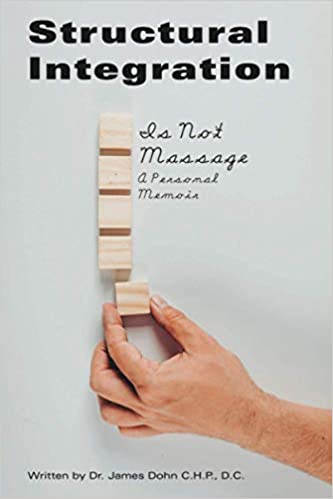 This week CreatingtheFreelanceCareer.com is thrilled to announce the new books of two of our clients. First, Emily Wyant, owner of Bond Hair Bar, poured out her life story and her infectious enthusiasm in Happy by Design: How to Use Your Five Senses to Trigger Yourself Happy Anytime, Anywhere.This book is a fun-to-read how-to manual on how to boost your happiness and live a more fulfilling (and exciting and sensual life). Through personal examples, raw vulnerability and a sense of humor, Wyant dishes up quick-to-implement ways to take charge of and get more from you life. (And the audio book version she narrated herself and it starts with a jingle. Yes, this may be the only book with its own commissioned jingle.) Second, Dr. James Dohn, Long Beach, California-based Chiropractor and Hellerwork practitioner, released his first book, Structural Integration is Not Massage. Through using his own life's journey as an example (and it is one fascinating life), Dr. Dohn explores the lessons and steps in Ida Rolf's Rolfing techniques and Joseph Hellerwork's name-sake technique and how each of these steps affected his body, as well as his mind, emotions, relationships, and all parts of his life to create lasting, positive changes. Towards the end of the second half of the narrative, Dr. Dohn questions what medical services and patient interaction would look like if all doctors practiced integrated medicine, that inquired about a person's whole being (body, mind, and soul) and addressed all areas to create "whole" and healthy people. We are grateful to have accompanied both of these authors on their first book writing journeys. Thank you for working with us to achieve your goals. Last week my friend Marjory Kaptanoglu wrote on her blog about Audible's policy to allow people to listen to audio books and get refunds and to loan their books to others free of charge and how authors then don't get royalties from these sales or freebies. Enough authors have protested that today, Audible (an Amazon company) said they have heard and they are changing their policies. I'm still not sure it will be enough to fully address the situation, but it is a start.
Here is the letter ACX sent authors, publishers, and others: Launched in 2011, the Audiobook Creation Exchange has paved the way for exponential growth in audiobook production and consumption, today supplying over 200 audiobooks in store per day to Audible, Amazon, and iTunes. The ACX online rights marketplace and production engine is available to all authors, publishers, literary agents, narrators and studio pros in the US, UK, Canada, and Ireland. ACX.com connects and educates independent authors and rising actors—many of whom are among 20,000 professional actors who have worked with Audible in the past 5 years—in the art of audiobook performance and creation, and provides title-promotion tools and methods to drive sales and audiobook awareness, allowing our creative stakeholders to reach new audiences on Audible and beyond. Free programs, including ACX University and the Promo Code Tool, seek to level the playing field and further expand opportunity for authors, narrators, rights holders and producers alike. As you know, we've been working to address some ACX authors' concerns about Audible's overall exchange policy, and we appreciate your feedback. The intent of this program is to allow listeners to discover their favorite voice, author, or story in audio. In instances where we determine the benefit is being overused, Audible can and does limit the number of exchanges and refunds allowed by a member. But as designed, this customer benefit allows active Audible members in good standing to take a chance on new content, and suspicious activity is extremely rare. We hope this helps convey perspective to our valued writers and ACX partners as to the impact of our current returns policies. However, in recognition of these concerns, moving forward and effective as of January 1, 2021, Audible will pay royalties for any title returned more than 7 days following purchase. This adjustment does not impact our customers' current benefits of membership, and we look forward to continuing to welcome millions of first-time listeners, enabling our members to discover new content they enjoy and growing the audience for our valued creative partners. Respectfully, The ACX Team Do you think this is doing enough? If you've read the book The Go-Giver, you know one of the gems of wisdom in the book is to find a way to distinguish your service from that of others in the industry. For me, this means I send holiday gifts to my property manager and to the tenants in the homes I own; writing a personal message on the back of every canvas I've painted; and writing LinkedIn recommendations for my clients and for anyone with whom I've worked. Yesterday, I received my copy of Amy Henderson Harris's latest book Wilder Dreams. Within the packaging was her business card, two stickers (including one black and white illustration from the book), an affirmation card, and a postcard thanking me for the purchase plus letting me know more about what Amy has to offer. (She's a singer, songwriter, musician, children's book author and all-around badass.) :) The other thing Amy included was on the receipt, and that was a personal note to me. I smile and chuckled when I saw it because a) it made me feel good to be appreciated and b) I do the same thing on the invoices/receipts I sent people. Gratitude goes a long way in establishing goodwill and repeat business.
Think about the ways you can inexpensively (or for no cost) show your customers and clients how much you care. Some suggestions include the things Amy did shown above, or you could send personal e-mails periodically, a snail mailed postcard or card, a referral fee, a small gift, or even a shout-out on social media or your website with a backlink. Department store founder and businessman Marshall Field said, "Goodwill is the only asset that competition cannot undersell or destroy." Keep that in mind the next time you interact with potential or current clients and customers. And make your business stand out from the rest. |
AuthorJill L. Ferguson Archives
October 2025
Categories |
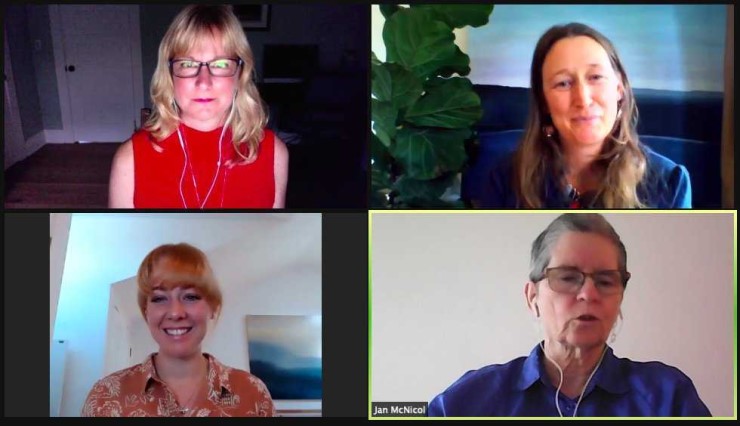
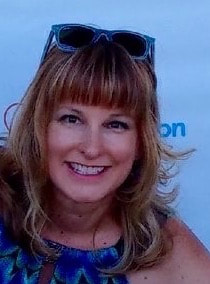
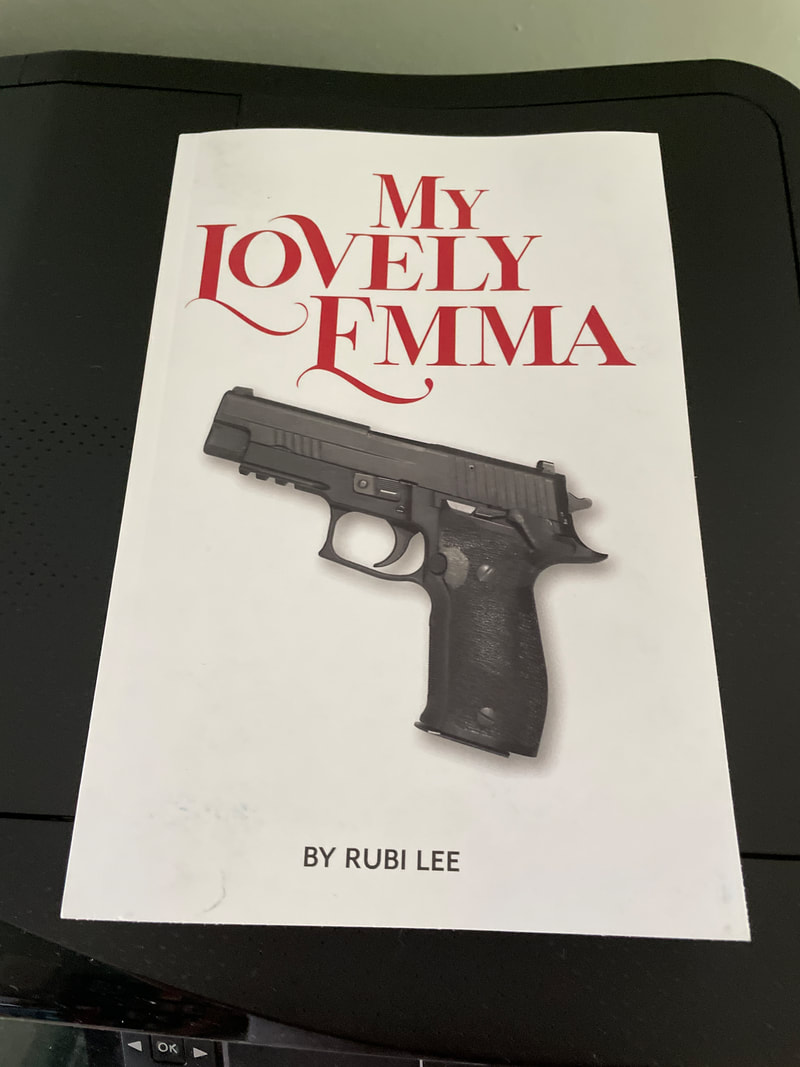


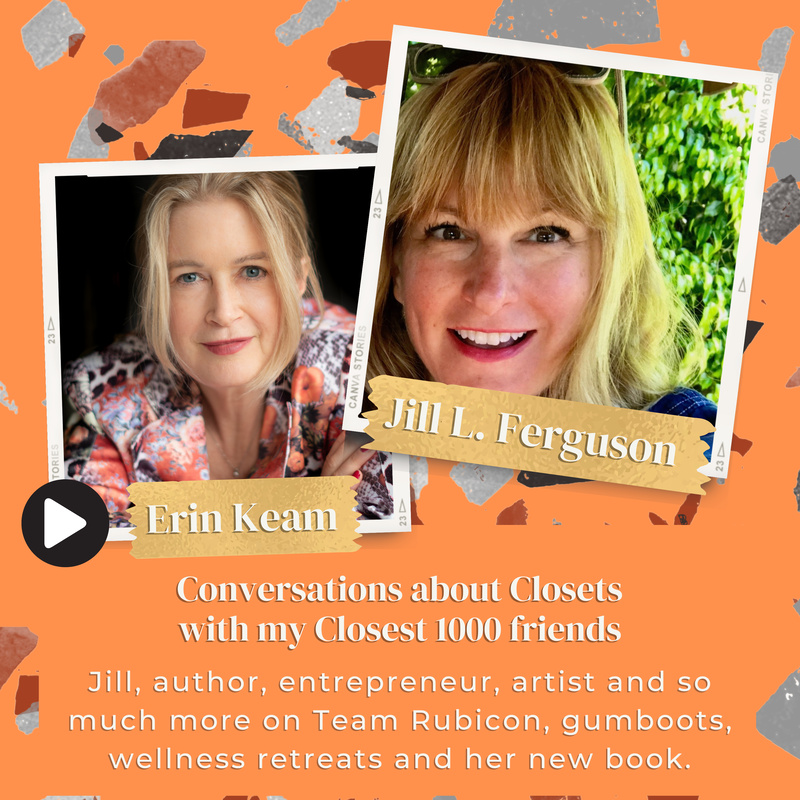
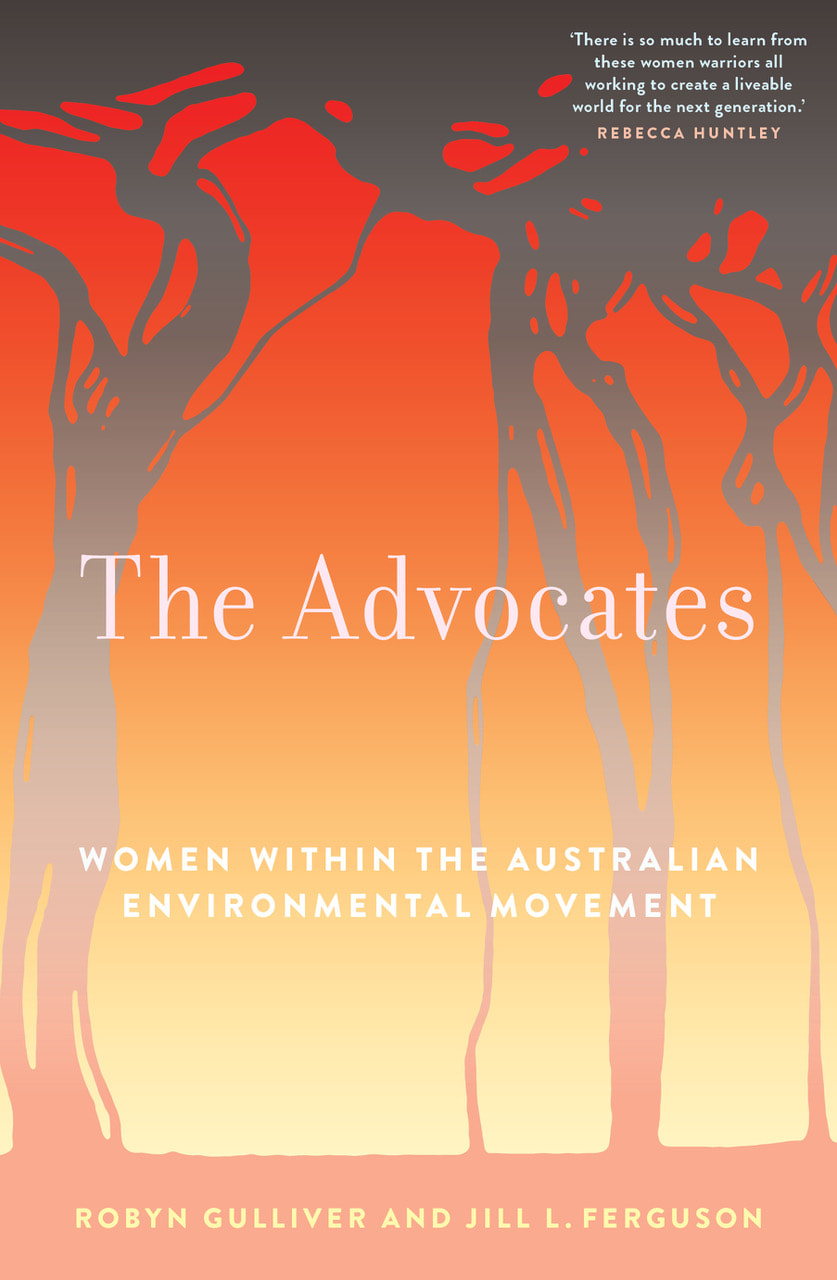
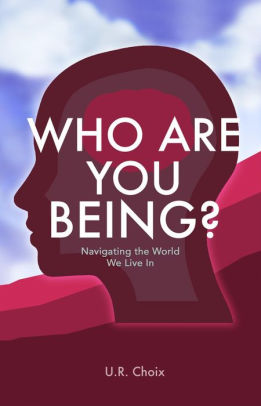


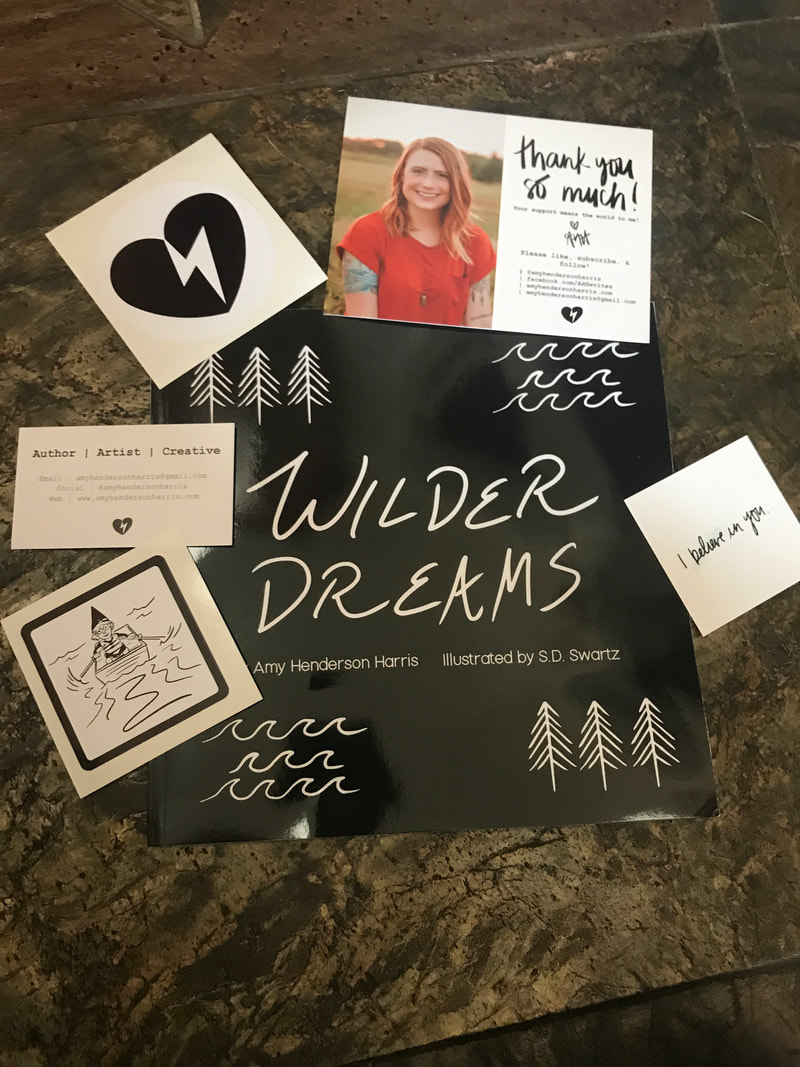
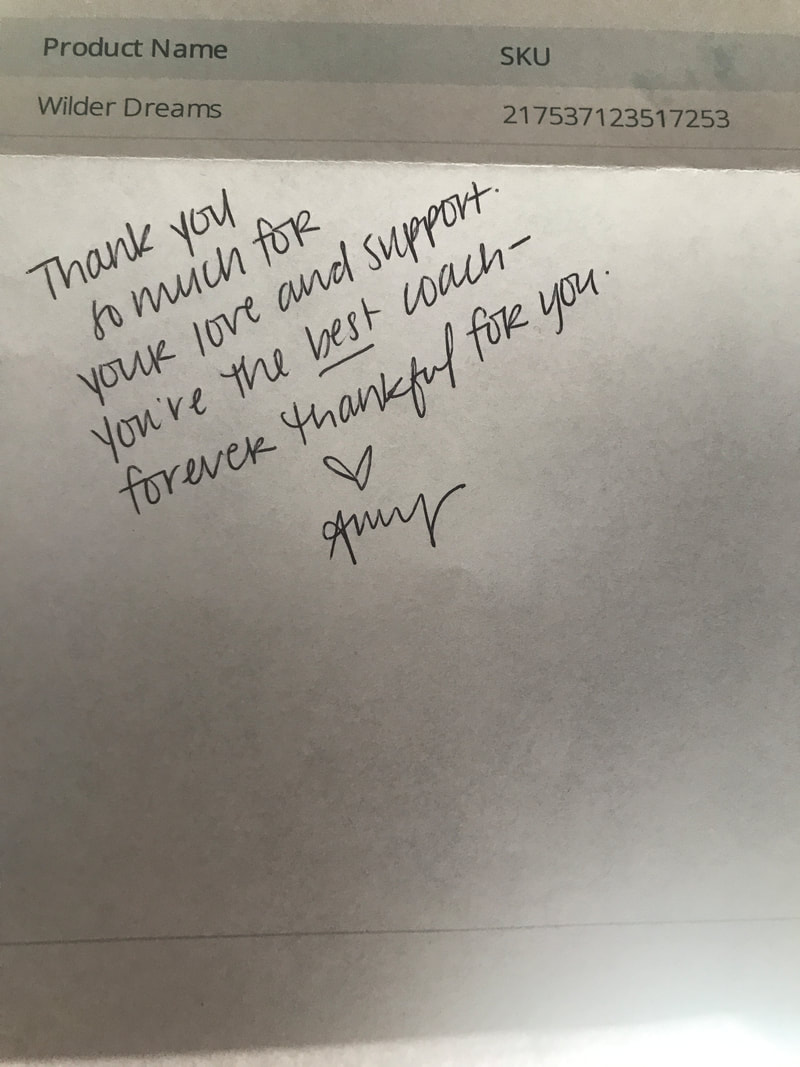
 RSS Feed
RSS Feed